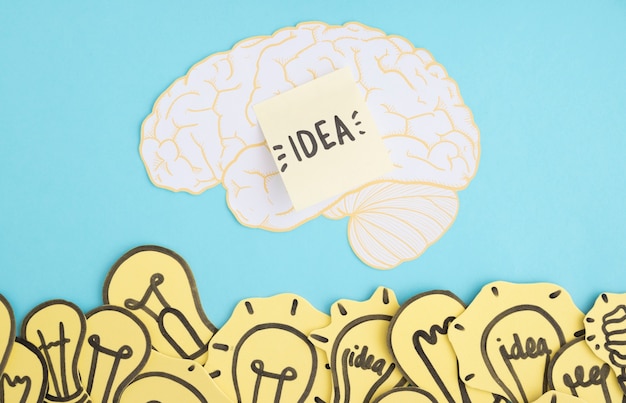Fascinating Psychology Facts – Unveiling the Intricacies of the Human Mind

The brain releases dopamine when we eat chocolate, which contributes to its comforting effect.
Smiling reduces stress and improves your mood, even if you don’t feel like smiling.
The average person has about 70,000 thoughts per day.
Studies have shown that listening to music can boost your mood and help reduce anxiety.
People who have a strong sense of purpose in life tend to live longer and have better mental health.
The way you sleep and position your body in bed can reveal your personality traits.
The color blue has a calming effect on the mind and can help lower blood pressure.
Our brains are hardwired to remember negative experiences more vividly than positive ones.
Spending time in nature can improve mental health and reduce symptoms of depression and anxiety.
The average attention span of a human has decreased from 12 seconds to 8 seconds, which is shorter than a goldfish.
Daydreaming can enhance creativity and problem-solving skills.
Studies have shown that multitasking actually decreases productivity and increases stress levels.
The average person will spend about six months of their life waiting for red traffic lights to turn green.
Your handwriting can reveal your personality traits and emotional state.
The fear of failure is often driven by an excessive need for approval or fear of judgement from others.
The smell of lavender has been shown to reduce stress and promote relaxation.
Fascinating Psychology Facts – Unveiling the Intricacies of the Human Mind part 2
People who spend more time on social media often experience higher levels of loneliness and depression.
Your emotions can be contagious, meaning that being around happy people can boost your own mood.
Chewing gum can help improve focus and concentration.
Laughter releases endorphins, which are the feel-good hormones that reduce pain and stress.
The brain is more active at night and tends to generate more creative ideas during the late hours.
The color red has been found to increase appetite and make you hungrier.
The fear of public speaking is one of the most common phobias, even surpassing the fear of death.
Writing down your goals increases the likelihood of achieving them, as it reinforces your commitment.
Taking breaks during studying or work improves productivity, learning retention, and creativity.
The fear of missing out (FOMO) is driven by the anxiety of not being included or knowing what others are doing.
Shaking your head from side to side can help you make more rational decisions by breaking confirmation bias.
People are more likely to remember information when it is presented in a story format rather than as a list.
The sound of your own name is one of the most pleasing sounds to your brain.
Eye contact is important for building trust, but prolonged eye contact can be perceived as threatening.
The placebo effect is real and can improve symptoms even if the treatment has no active ingredients.
Writing down your worries before bedtime can help reduce anxiety and promote better sleep.
The brain can’t differentiate between physical pain and intense emotional pain.
The more choices you have, the harder it becomes to make a decision. This is known as decision fatigue.
Getting enough sunlight exposure can boost serotonin levels and improve your mood.
People tend to remember negative experiences with greater detail than positive ones, known as negativity bias.
The smell of fresh rosemary has been shown to improve memory and cognitive performance.
Your brain is more active and creative while you’re doing mindless activities like showering or going for a walk.
Bright colors like yellow can increase confidence and enhance cognitive performance.
Expressing gratitude has been linked to increased happiness, improved mental health, and stronger relationships.
The act of writing something down helps to reinforce memory retention.
Your brain can easily confuse hunger with thirst, so it’s important to stay hydrated.
Stress can shrink the hippocampus, which is responsible for memory and learning.
People tend to underestimate how long a task will take to complete, known as the planning fallacy.
The smell of freshly baked bread is often used in stores to create a comforting and nostalgic atmosphere.